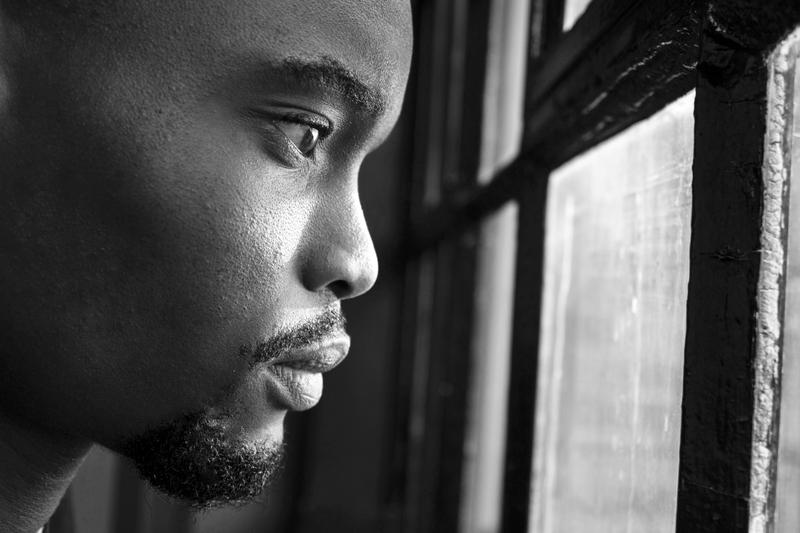by Mary Sutton
February 2, 2022
Mary Sutton is senior content editor at the Academy of American Poets and poetry editor at West Trade Review. She was formerly the NEH Scholar in Public Humanities at Library of America where she worked with Kevin Young on African American Poetry: 250 Years of Struggle and Song and the book’s companion website www.africanamericanpoetry.org
©2022 West Trade Review
__________________________________________________________________________________________________________________________________________________________________________
__________________________________________________________________________________________________________________________________________________________________________
__________________________________________________________________________________________________________________________________________________________________________
__________________________________________________________________________________________________________________________________________________________________________
__________________________________________________________________________________________________________________________________________________________________________
The Past as Prologue: Daniel Black’s Don’t Cry For Me Explores Trauma and Repair
FICTION REVIEW
Stay Connected to Our Literary Community. Subscribe to Our Newsletter
Image by Anaya Katlego on Unsplash
Don't Cry For Me by Daniel Black; Hanover Square Press; 304 pages; $26.99
For those who cannot find the courage or the confidence to voice their pain, the blank page becomes a space of refuge. In Don’t Cry For Me, an epistolary novel and roman-à-clef by Daniel Black, the narrator and protagonist, Jacob Swinton, writes sporadic letters to his estranged only son, Isaac, dated from 2003 to 2004. Jacob is dying, but seeks to heal the wounds that he inflicted by refusing to accept Isaac’s homosexuality and forcing his son to abide by rigid and reductive codes of masculinity. In the author’s preface, Black explains that he wrote the novel—his seventh—to cope with his father’s Alzheimer’s disease and to address the pregnant silences that had always lingered between them. One reads this and is reminded of the Robert Hayden poem “Those Winter Sundays.” Instead of a son curiously reflecting on his father’s eschewal of affection in favor of diligence, Black allows the father to speak—to use writing, despite Jacob’s lifelong struggles with literacy, to confront the things that frightened and shamed him during his lifetime.
Jacob, an Arkansan, was part of the second Great Migration, which carried him to Kansas City. There, he bought a home and raised his son. Orphaned and brought up by his maternal grandfather, Abraham Swinton, who was praised for his carpentry skills and “mindin his own business,” Jacob learned to equate paternal duty with industry and a laconic acceptance of white supremacy’s restrictions—particularly its commodification of the Black body. His upbringing in the postbellum South trapped Jacob within a system that forced agrarian labor and penury upon African Americans. Black uses Jacob’s voice to eliminate all euphemisms in reference to the South’s not-so-sly perpetuation chattel labor: “I was born a slave, Isaac—almost literally.” Nothing in the Constitution had substantively changed the Swintons’ lives.
After he left Arkansas, Jacob remained spiritually tied to both the land and the dehumanization wrought by the sharecropping system. Black is astute about the ways in which African Americans have been psychically wounded and traumatized over generations by the Middle Passage, slavery, and Jim Crow, and much of his previous work in an effort to till through historical memory with the hopes of accepting the past and building communal strength from it. Jacob admits to the sadistic cruelties that he and his friends exacted over those who were both vulnerable and who had some power over them: a light-skinned Black boy with effeminate tendencies; a neurodiverse teenaged girl with a shapely body that his friends “groped and grabbed,” though she “made no sound.”
In modern parlance, Jacob’s behavior, which includes his paranoia over his son playing with action-figures and his outrage when Isaac dons a red wig in a school play, would be described as “toxic masculinity”—and it is toxic, working both to stunt Isaac’s growth and poison the relationship between father and son. The temptation within the reader might be to antagonize Jacob’s character to sympathize with Isaac—a sensitive, artistic boy, eerily gifted in piano, painting, and clairvoyance. The irony is that Isaac is not the central character, and it is not his voice that dominates the narrative; it is, instead, the voice of the presumed villain whom we hear throughout the text: the father who works hard to suppress his son’s burgeoning homosexuality, possibly to disguise his own tenderness toward and suppressed lust for other males.
The novel’s core lesson is that it is dangerous to deny the truth of who you are and to suppress that truth in others. Self-loathing becomes a cudgel that Jacob uses to abuse and belittle both his wife and son. Jacob’s abstention from man-love, which includes his affection and admiration for deceased his older brother, Esau, leaves a hollow space within him. His attempts to fill that space with Rachel, his wife, and Isaac fail, as he treats them both like props in a performance of American family life. When neither plays the roles that Jacob assigns, he rejects and mistreats them. Both Rachel and Isaac are avid readers with creative talents—signs of rich inner lives. Their accessibilities to imagination and self-possession both confuse and alienate Jacob, whose corporeality—that is, his sense of himself as a means of production and not as a thinking, feeling human being—create a barrier between himself and his family that he can only break through literature.
Jacob’s earliest exposure to literature comes through poet Paul Laurence Dunbar, whose fluency in both the Black vernacular and proper English are echoed in Jacob’s letters to his son. Jacob is most mellifluous when he recalls his life in Arkansas, using his native dialect to tell tall tales and to narrate his community’s rich history. He reads autobiographical works by Black men, as though seeking templates for the conveyance of his own life story—Alex Haley’s The Autobiography of Malcolm X and Claude Brown’s Manchild in the Promised Land were both published in 1965, during the birth of the Black Arts Movement and the transition into the Black Power Movement. Jacob understands the ways in which he hurt Rachel, whom he later divorces, after reading Alice Walker’s The Color Purple. The reference to Walker feels inevitable in this novel about coping with the traumas of racism. Jacob spends a great deal of time wondering what it means to be a Black man, while Rachel immerses herself in Betty Friedan’s The Feminine Mystique to understand her condition as a middle-class American woman. All three characters become siloed in their respective identities and, in some instances, dissolve into stereotypes—Rachel, for example, becomes a secretive alcoholic. To deal with Isaac’s dehumanization, and that of other African American boys like him, Black makes him superhuman, giving him an ability to commune with the dead. Jacob, meanwhile, becomes a gatekeeper of social norms, telling Isaac that “black folks had rules and restrictions [they] were supposed to abide by” and that Isaac’s “rejection of manhood was the destruction of civilization” and “went against the fabric of society.” But, how devoted would Jacob truly be to a “civilization” that had so thoroughly devalued him? Would his quarrel with his son really be based on a wish to preserve “civilization?” There are missed opportunities here for the narrative to delve deeper into the inner life that Jacob was developing during his final years as well as a more thorough expression of his true feelings about the world changing in ways that he did not fully understand, and having to learn new social codes and customs.
Jacob, having grown up in a milieu in which people viciously punished what they could not understand, was not wrong to worry that a gay, African American man’s life would be one of loneliness and ostracism. Black creates an encounter between Jacob and a former lover of Isaac’s who is dying of AIDS, which only confirms Jacob’s concerns. It does not help that the young man exists in the novel only as a harbinger of AIDS and disappears quickly from the text. As with Rachel, whose character development becomes reduced to that of a cliché of second-wave feminism, with little consideration of how her racial identity complicated her experience of gender, Black has created characters here who exist less as people and more as representatives of social changes and ideas that Jacob is loath to accept.
Despite these weak points, there are places in which Black conveys lessons about love that have an aphoristic quality reminiscent of bell hooks: “No one should diminish themselves to prove their love”; “Although we were flawed, we were marvelous, too.” What the author seems to be searching for throughout the text is a path toward freedom—not only from constrictive ideas about race and gender, but also from resentment toward elders who, too preoccupied with the rudiments of survival, could not always give African American youth the love and support they deserved. Though formally flawed, Don’t Cry For Me is a noble exercise in empathy and an effort toward collective healing. If Black’s aim as a writer is to embrace the African American community by identifying and then tearing down barriers erected by generational conflict, colorism, sexism, homophobia, and transphobia, then this novel hits its mark.




